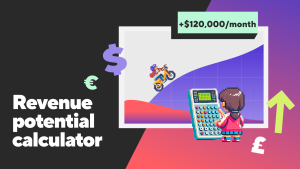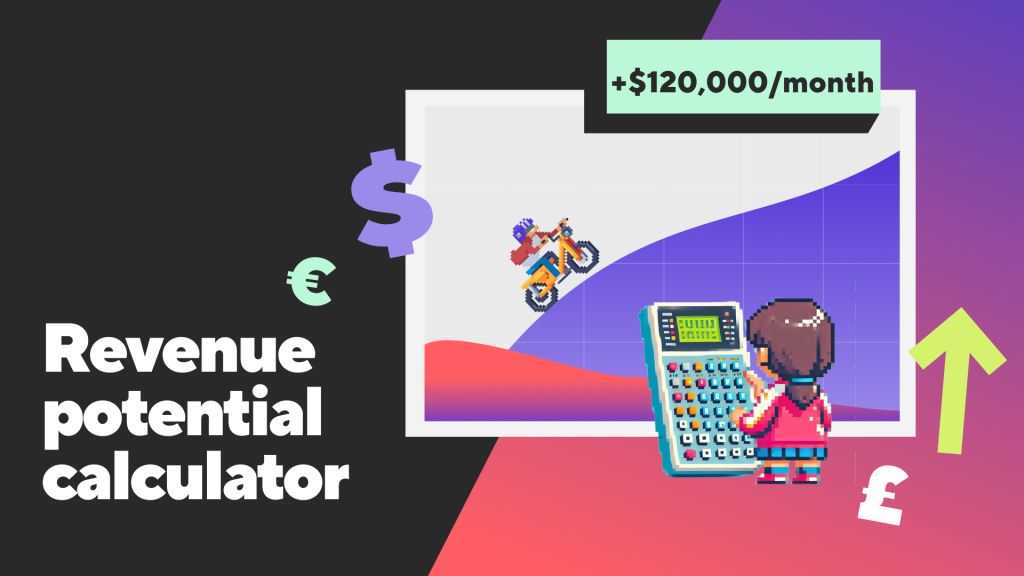
The Digital Markets Act is one of the hottest topics in mobile gaming right now, and for good reason: it’s radically changing the power app stores have over the industry. But what does the legislation mean for monetization? Let’s delve in and find out!
A Brief History
The DMA has been ‘in force’ since November 2022 but from March 6 a group of designated gatekeepers must adhere to the rules of the act. Effectively the act has been put in place to make the internet a fairer place; levelling the control ‘Big Tech’ – or what the EU calls ‘Gatekeepers’ has over the industry. Six companies have been chosen as Gatekeepers, including the likes of Alphabet (Google) and Apple; organizations with a huge influence on the way we access the internet.
Providing developers with more control around payment options is just one of many components of the DMA, which in turn, is part of the wider EU Digital Strategy. With Google Play and App Store being largely unchallenged for more than a decade, the DMA is set to have a significant impact on mobile monetization as developers are given more options over in-game purchases. When these app stores first launched, it was unimaginable that some of these options would ever be allowed.
Upgraded Web Shops
We are already seeing changes in behaviours across the industry . Walk around a games industry conference, and you may spot some new kids on the block. There’s a noticeable increase in booths advertising ‘direct to consumer’ and ‘webshop’ solutions. Web shops are nothing new in the industry but the Digital Markets Act is designed to make them more accessible for gamers, which ultimately makes them more appealing to developers. ‘Anti-steering’ is a key element of the Act, bringing more transparency into the range of payment options available. Webshops in the past have been a way for developers to keep hold of their revenue, yet previously were ‘hidden’ with developers unable to tell users about them, and many restrictions as to how the shops are promoted and the types of items available. The new legislation will give more flexibility over the content sold in these stores, which can benefit gamers with a higher variety of content for gamers to purchase. In turn, profit margins are higher as less revenue is taken by the store.
Check Out Options
This same notion of ‘anti-steering’ also applies to the checkout experience. When making a purchase from within a game, there is a new requirement to make more payment options available. It’s of particular benefit for engaging international players where local payment options aren’t available through the default Google and Apple Pay options. Even in regions where Google and Apple Pay are used, other payment options such as iDEAL in the Netherlands remain more popular. By making it easier for local audiences to pay with familiar methods, there’s a higher addressable market to receive revenue from.
Remain Vigilant
Developers should also stay wary of how Apple and Google respond to this legislation. For developers exploring alternative payment methods, Apple has cut the commission of sale it receives, yet it’s also introduced a $0.50 cent fee for the installation of games when the total install count reaches over one million. Whilst the DMA still provides the opportunity to increase revenues, the true profitability may not be as high as originally suggested.
Margins Vs. Methods
Ultimately, the Digital Markets Act means it’s possible to take a higher cut of revenue from each transaction. In order to take true advantage of the margins, you need an engaged player base to appeal to. SuperScale’s suite of game management services analyses your game’s performance, spotting effective ways to grow your audience, whilst reaching them with effective monetization methods.
If you’re interested in hearing about how SuperScale can support the success of your game (new or old), contact us here.







